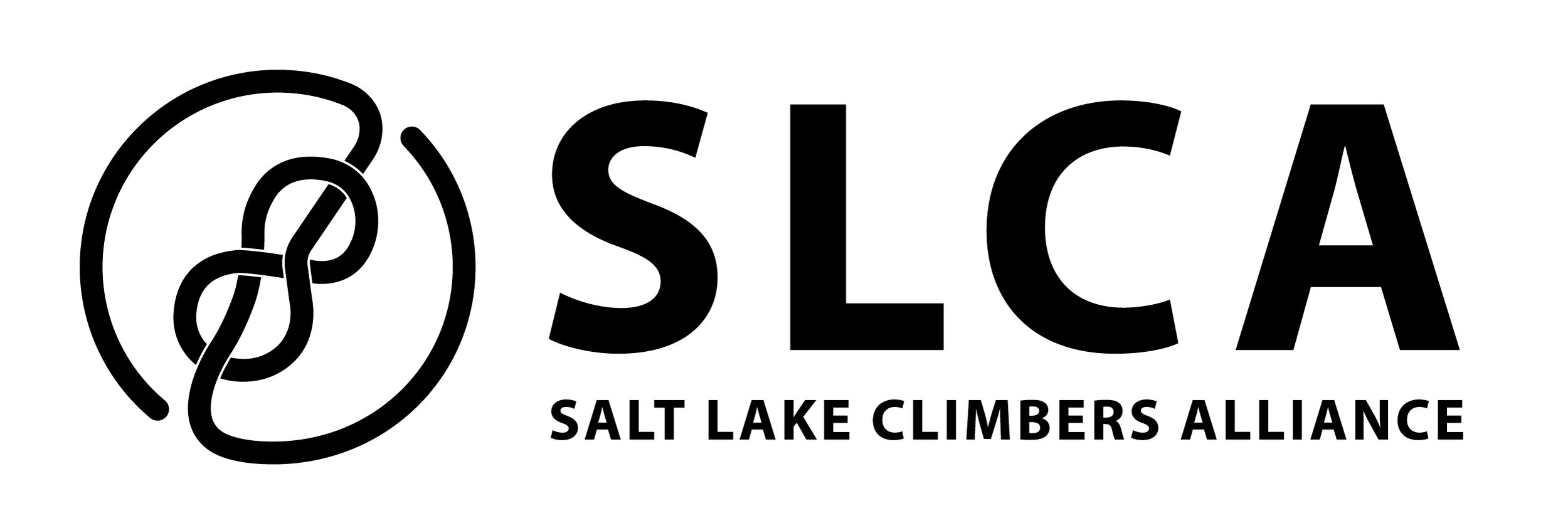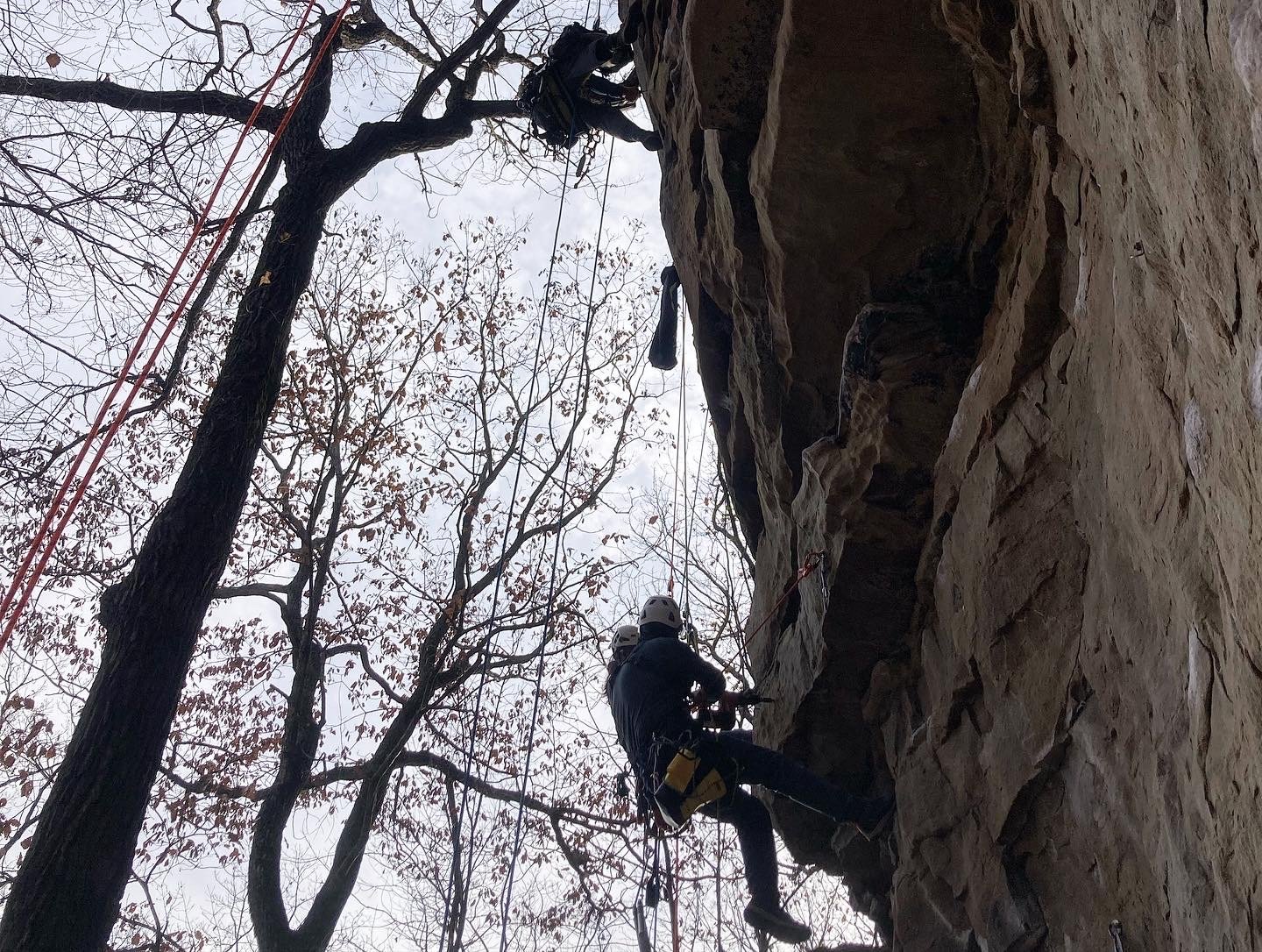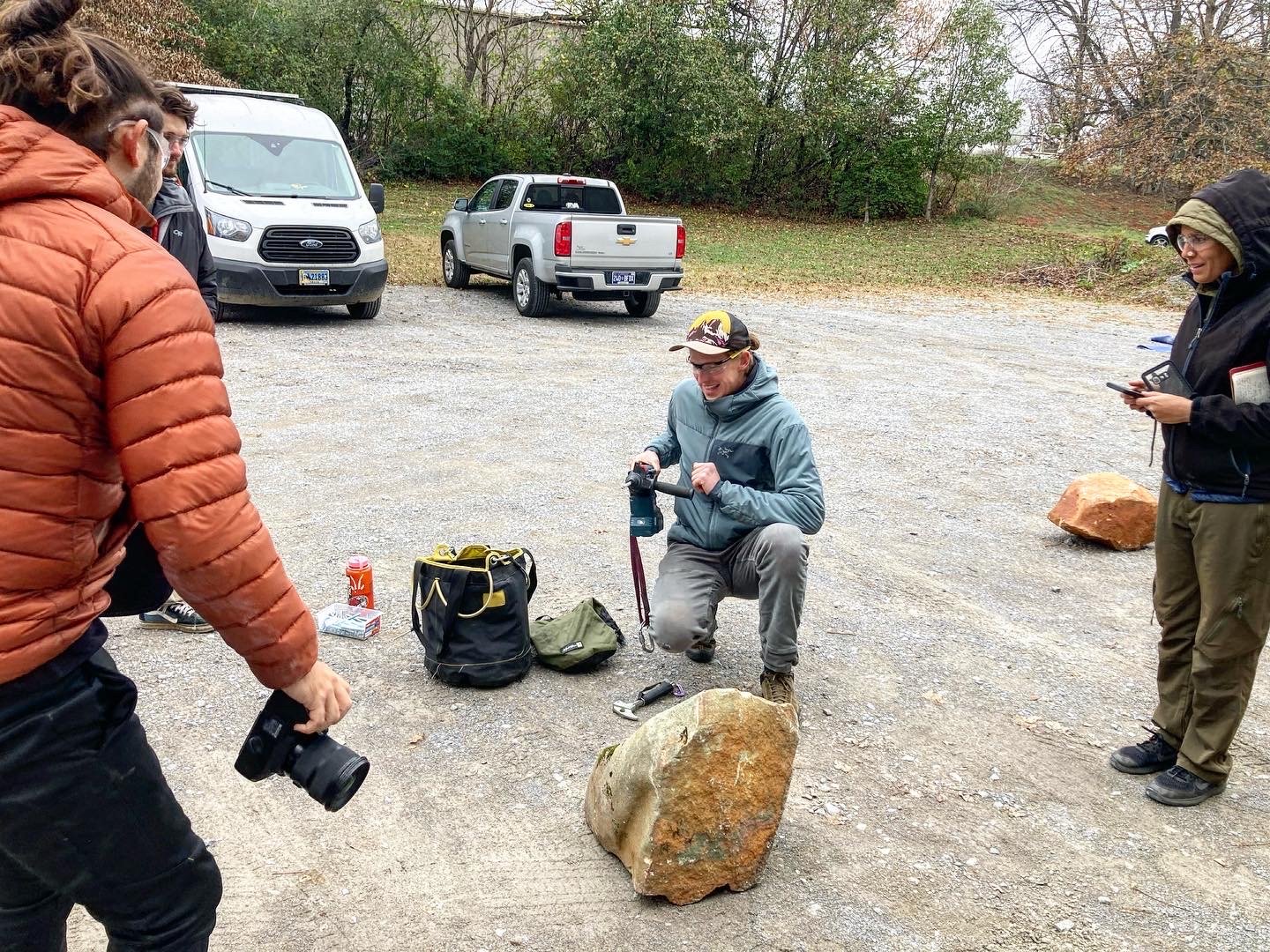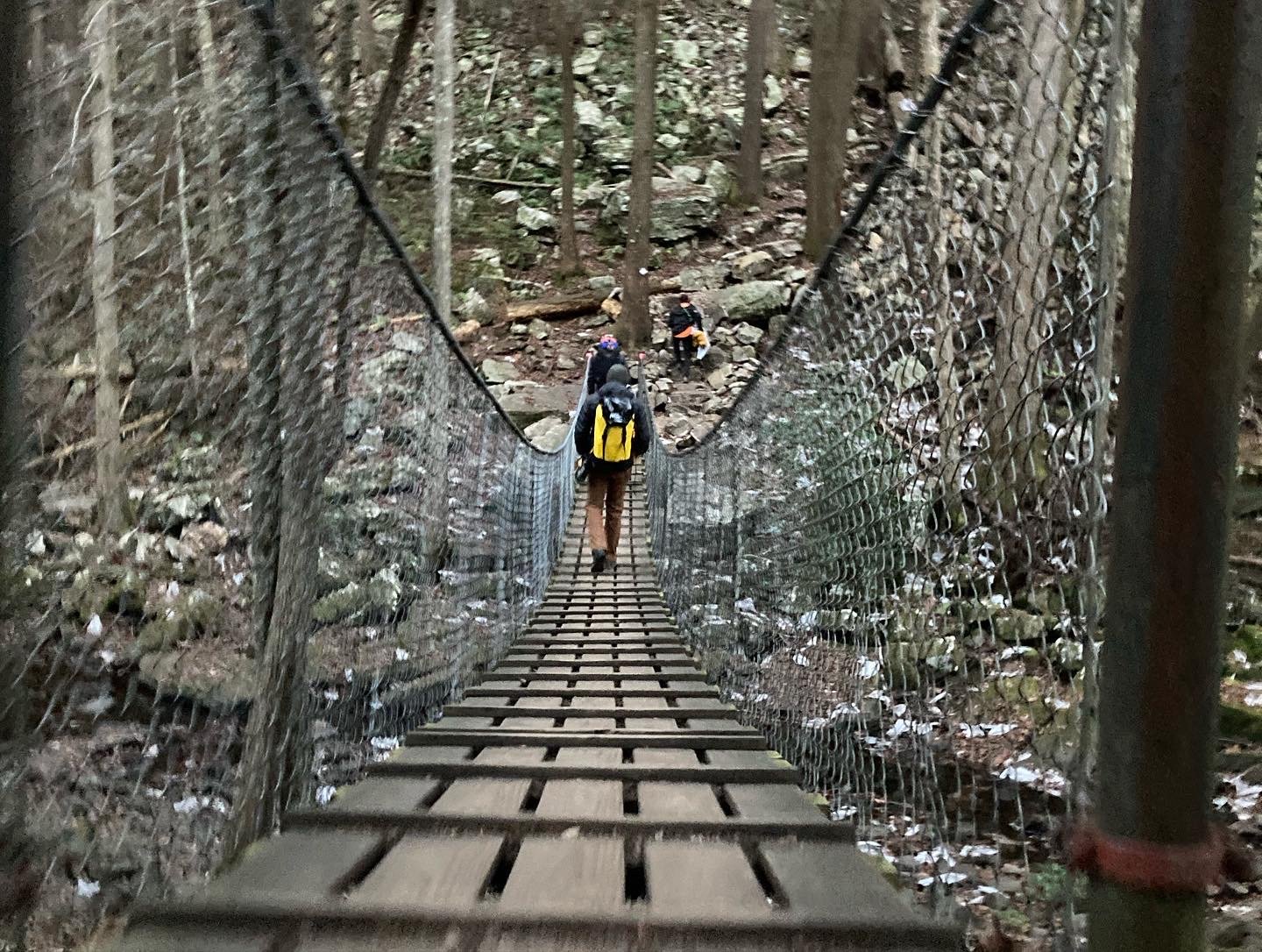Access Fund Advocacy Conference
Access Fund Advocacy Conference Recap
November 11 - 15, 2022
By: SLCA Anchor Field Coordinator, Andrew Brodhead
The Access Fund held its first in person advocacy conference in Chattanooga, TN since 2019. This conference brought in many local climbing organizations (LCO’s), mainly consisting of LCO’s east of the Mississippi. This two day event centered around success stories of land acquisitions, land owner partnerships and the passion for protecting climbing areas across the United States
Day 1
Day one was kicked off with a round table of success stories across the US. This also became a place of debate for who has the best sandstone in the south. As the blacksheep in the crowd, this was one part of the conversation I had to recuse myself from. After this round table, breakout sessions began. The first session I attended was LCO Development: Updating how you engage with your community. This discussion focused on community engagement, connection and how to implement different marketing strategies to rally support within the community. Speakers from the Access Funds Conservation Team, CRAG-Vermont, and Southeastern Climbers Coalition (SCC) engaged in a conversation on how they are drumming up support and stoke within a newer generation of climbers.
The second breakout session attended was titled State of Climbing on State Land. Though the SLCA does not directly work with State Land owners in Utah, this conversation is applicable to any landowner that has a climbing resource on their land. Presenters from Central Appalachia Climbers Coalition (CACC), Eastern Pennsylvania Alliance of Climbers (EPAC) and Carolina Climber Coalition (CCC) talked about how to effectively engage in conversations with land owners. One major take home was the presentation from CACC. The CACC worked directly with Breaks Interstate Park, to create a climbing focused management plan to bring climbers and tourism into the sleepy coal towns of SW Virginia and Eastern Kentucky. This partnership and team effort has opened up new climbing opportunities and have spurred a new flux of outdoor tourism. “If climbers show up, things happen” said the CACC, encouraging us all to show up at the table when talking with land owners.
The last session attended was from the Access Funds own Erik Murdock talking about Land Managers Motivations. Erik is the boots on the ground when it comes to climbing policy in the United States. Currently, the main concern is Fixed Anchors (bolts) in Wilderness and other Federal Lands. Believe it or not, there is no official directive from Washington DC on climbing management in the US. This leaves Federal agencies like the National Park Service (NPS) and Forest Service (FS) to create their own policies, often conflicting from district to district. Currently a bill is being floated in the Senate, S.3266, that will clearly define climbing and concrete that fixed anchors and climbing is an appropriate use of wilderness and federal lands.
Day 2
This day consisted of a site visit of a local climbing area that was acquired or currently being managed by the SCC. I chose to attend the Denny Cove site visit. This area was acquired by the SCC, Access Fund and other partners to help preserve the ecosystem, migration of animals and climbing resources. It was fascinating to hear from the visiting ranger how the Tennessee State Parks mimics federal policy when it comes to resource management. This directly ties into how the Federal Government could legally view climbing bolts on public land.
DAY 3
Petzl Rebolt
Petzl, Access Fund and the SCC hosted the first ever Petzl Rebolt Trip. This event was designed to raise funds, provide professional work at height and bolt removal training and to perform a week of stewardship and bolt replacement at Foster Falls and Denny Cove. Petzl was extremely generous to bring members of their Professional Training Institute and donate work at height kits to the SCC. Approximately 20 members of the community were trained on the different elements of the two rope system, rope ascension/descension and victim pickoff’s for common rescue scenarios. The Access Fund also gave a clinic on bolt removal/installation. This clinic focused around the tips and tricks for this type of work on their local rock. It was great to see the level of expertise in the group. A lot of learning and discussions took place surrounding the removal process and best practices.
Day 4
This was the first day that the volunteers were able to use their new skills and to implement the two rope system at the cliff. Members of the community splintered off to tackle routes that have been identified for bolt replacement. This was a great opportunity to figure out the kinks in each person's system. Throughout the day things started to click for the volunteers, drills were turned on and bolts were being replaced. This was a great opportunity for the SCC to take part in incorporating work at height protocols into their rebolting program. As this space continues to be highlighted on a national level, it's important for industry leaders and LCO’s to band together to increase the safety of volunteers, implement quality control and run rebolting/anchor maintenance efforts that are built in a way that reflects modern times and to help create a sustainable future for climbing.






